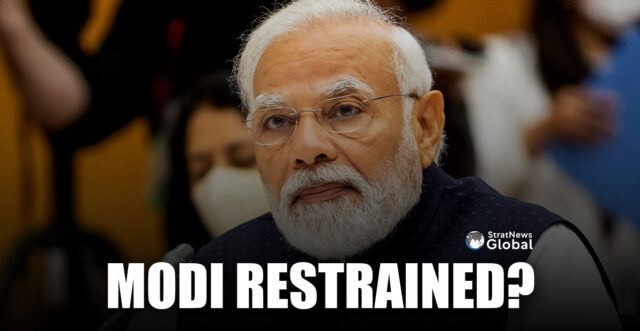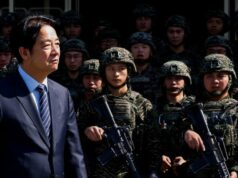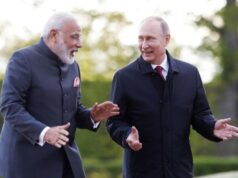Modi 3.0 or Modi Lite as some put it, is back in the saddle, albeit with a reduced majority in Parliament. Most analysts have hailed the return of the coalition era in Indian politics after a decade of majority government. Coming days will provide more clarity on the composition of the cabinet.
For Prime Minister Narendra Modi, this is unfamiliar territory. For over two decades, he has headed governments with full majority, first as chief minster of Gujarat and then as prime minister in the last 10 years.
Modi 3.0 suggests he may have to curb his instincts, accommodate demands from fickle allies on domestic policies but one aspect in which the new government is likely to continue its previous approach is in the foreign policy space.
A former ambassador said the impact on foreign policy would be minimal. Modi has the numbers and the initiatives over the last decade will continue. He also made the point that “India’s stature has been enhanced because of this election result, concerns about human and minority rights would have quietened, India at the end of the day is a functioning democracy.”
Chandrababu Naidu of the Telegu Desam Party or for that matter Nitish Kumar of the Janata Dal (United), are not known to comment on foreign policy issues. But Naidu transformed Hyderabad into an IT capital and is known to enjoy a good equation with the US tech and business community.
Figuring out Nitish Kumar may be more complex given his socialist underpinnings and commitment to prohibition. Either way it’s food for thought.
The point is Modi has returned but Brand Modi has taken a hit, some of the sheen has been lost, and when he travels abroad, may be as early as next week, he may not be viewed in the same light as before.
Critics feel his freedom of manoeuver may have diminished given the dependence on two allies. For instance the kind of spontaneous and strong statement of support for Israel he made in the immediate wake of the Hamas attack of Oct. 2023, may have to be tempered in the future assuming the allies have views on that score.
The neighbourhood is watching closely. Bhutan may seek answers from the new government about issues like development assistance and the China boundary issue; Nepal may relish the prospect of a diminished Modi and BJP, elements in the Maldives may feel the same given the fraught recent relationship.
China will also be watching developments: how quickly does the new government stabilize, will policy towards Beijing continue as before? The answers to these may well determine how Beijing reacts to the new government.
The US may welcome Modi continuing as prime minister, but as Nandan Unnikrishnan of the ORF think tank observes, “In the West there may even be some satisfaction in seeing Modi taken down a peg or two.”
Former foreign secretary Kanwal Sibal has a different view. He told StratNews Global, France’s President Emmanuel Macron has not let the electoral reverses of 2022 (presidential and parliamentary) stop him from seeking to lead a European initiative on Ukraine.
“Modi’s victory is not as decisive as in the past,” he acknowledged, “but it has knocked the bottom out of the narrative that India’s democracy is backsliding. More than that, they will be looking at the Indian economy, if it continues to post strong growth, they will have no reason to hold back from Modi.”





